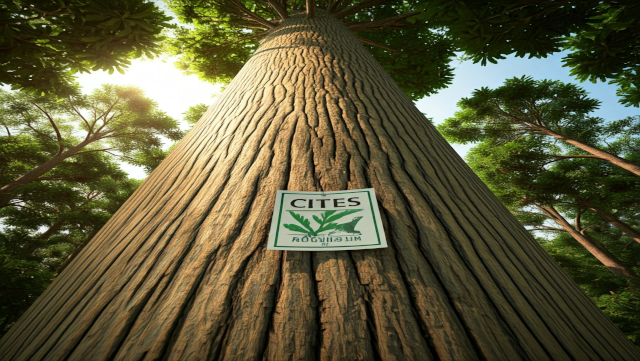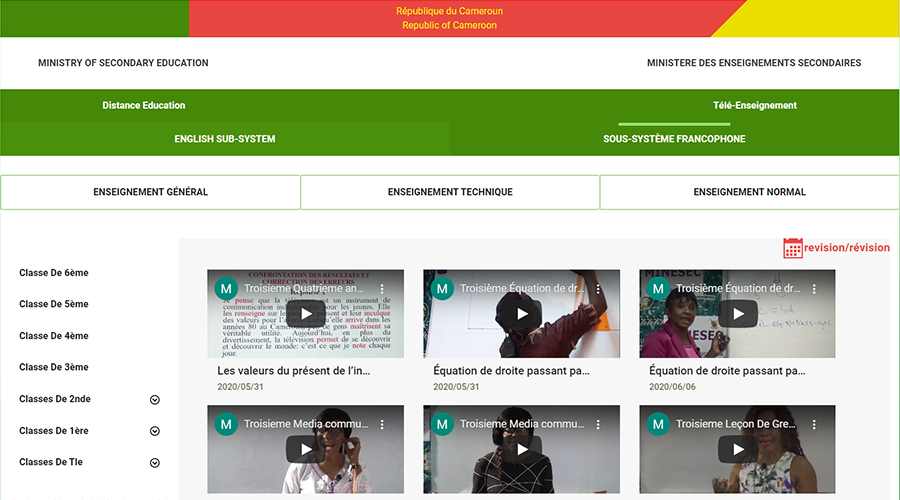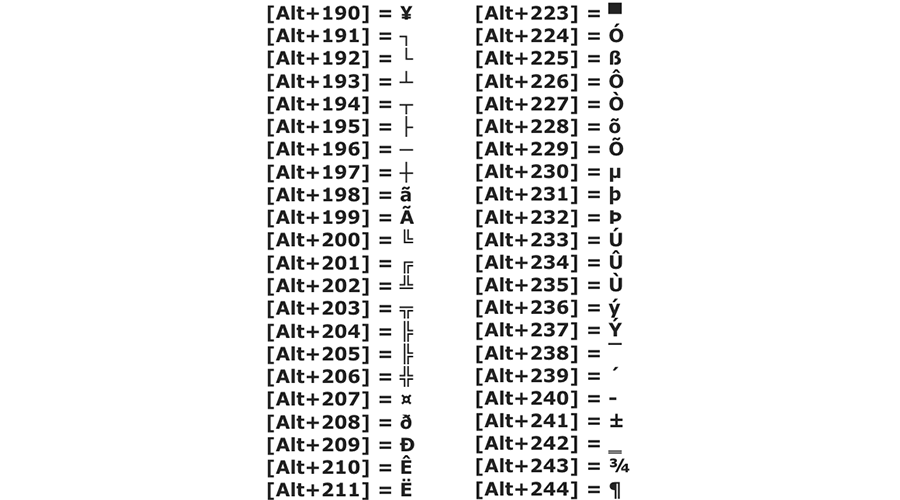
CITES reinforces controls on trade in tropical timber: ATIBT assists players in the timber industry
CITES has tightened controls on the trade in certain tropical timber species in order to preserve their survival. Aware of the challenges this represents for forestry companies, the ATIBT has set up an initiative to support them in this transition.
CITES: missions and challenges
The Convention on International Trade in Endangered Species of Wild Fauna and Flora (CITES) aims to ensure that trade in specimens of wild animals and plants does not threaten the survival of the species to which they belong.
At the 19th session of the CITES Conference of the Parties in Panama in November 2022, the list of species threatened with extinction was extended to include the following species :
- in Africa : Afzelia, Khaya and Pterocarpus,
- in South America : Handroanthus spp, Roseadendron spp, Tabebuia spp (common name ipé) and Dipteryx spp.
In addition, certain species (such as mahogany, doussié, padouk, ipe and cumaru) that were already being monitored are now more strictly regulated by CITES.
To continue selling these species of wood, companies must now obtain a trade permit and carry out a non-detriment finding beforehand.
The ACNP is a scientific study that assesses the impact of trade on the survival of the plant and animal species concerned.
ATIBT, a partner to players in the timber industry
The ATIBT works closely with governments and forestry companies. It helps them to adapt to the new CITES rules. In particular, it supports the production of ACNPs and export/import permits, among other things. It works to ensure that vulnerable species in Central Africa are better taken into account.
Its initiative is essential to ensure the sustainability of the timber industry while respecting international commitments on biodiversity conservation.
Vanessa Ntoh








